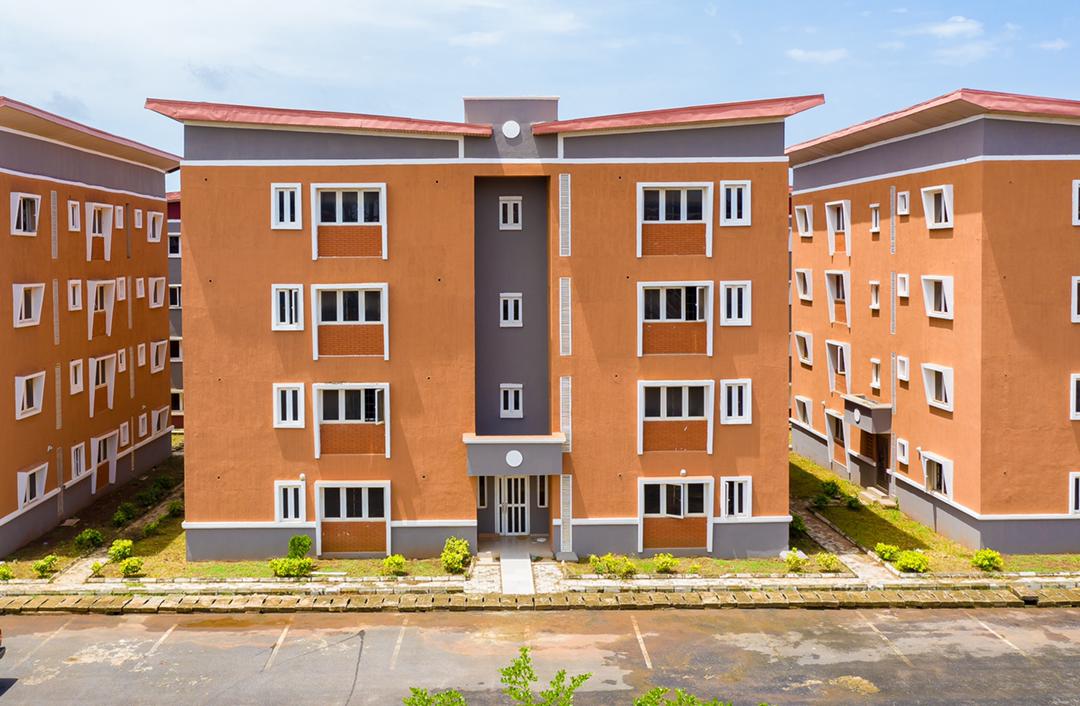Lagos, Nigeria, July 25, 2025 – The National Bureau of Statistics (NBS) has released the Gross Domestic Product (GDP) data for the first quarter of 2025, highlighting the major sectors driving Nigeria’s economy amid ongoing fiscal reforms and policy adjustments under President Bola Ahmed Tinubu’s administration.
According to the report, the agricultural sector maintained its dominance, contributing approximately 23.5% to the GDP. This underscores the sector’s pivotal role in employment generation, food security, and rural economic development. Crop production remained the largest sub-sector, followed by livestock, fishing, and forestry.
Trailing agriculture is the trade sector, which accounted for about 15.9% of the GDP during the period. The sector, encompassing wholesale and retail commerce, continues to reflect consumer market trends and the performance of supply chains across the country.
The telecommunications and information services sector stood out as a consistent growth engine, contributing 13.6% to GDP. The sector benefited from rising digital adoption, increased broadband penetration, and expanding mobile data services, positioning Nigeria as a leading digital economy in Africa.
Despite ongoing challenges, the manufacturing sector contributed 9.1% to GDP, with strong performance in sub-sectors such as food and beverage, cement, and textiles. However, operators in the sector continue to grapple with inflationary pressures, high energy costs, and foreign exchange constraints.
Crude petroleum and natural gas, though historically the backbone of Nigeria’s economy, contributed just 6.3% to GDP in Q1 2025. This decline reflects both structural diversification efforts and persistent production issues in the oil sector. Nevertheless, the industry remains a crucial source of foreign exchange and federal revenue.
Other notable contributors include the real estate sector at 5.2%, supported by urban development projects and rising housing demand, and the financial and insurance services sector, which contributed 4.7% due to increased digital banking adoption and continued efforts to enhance financial inclusion.
The Q1 2025 GDP report signals a slow but steady shift in Nigeria’s economic structure, with the Tinubu-led administration’s policies focused on diversification beginning to yield visible outcomes. Analysts have noted that continued investment in non-oil sectors, alongside sustained macroeconomic reforms, will be key to driving long-term stability and inclusive growth.







